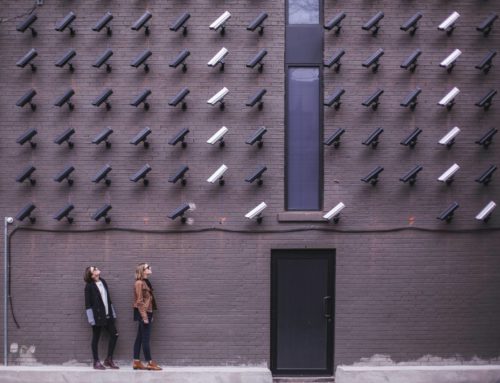The year may be drawing to a close but it isn’t bringing with it an end to attacks on religious centers. On Saturday, a machete-wielding assailant slashed and stabbed five people at a New York house hosting a Jewish Hanukkah celebration. The next day, armed parishioners in a Texas church shot and killed an attacker, but not before he killed two attendees.
In the aftermath of the Hanukkah attack, New York Governor Andrew Cuomo said: “This is an intolerant time in this country. We see anger, we see hatred exploding. It is an American cancer in the body politic.”
In fact, Saturday’s assault was the thirteenth anti-Semitic incident in New York alone. This is in line with an overall uptick in hate crimes, which per the FBI, reached a 16-year high in 2018 (the most recent year for which such data is available).
Although the FBI has only recently begun to collect data on crimes of hatred and intolerance, there is evidence that the Jewish community is bearing the brunt of these activities. In New York City, for example, there was 295 hate crimes reported by authorities. This year, as of Nov. 3, there was 364 hate crimes with 148 specifically targeting Jewish people.
“The surge of attacks on the Jewish community, in large cities like Pittsburgh and Poway, really has no precedent,” said Jonathan Greenblatt, CEO of the Anti-Defamation League. “The severity of these incidents seems to be increasing in both their aggressiveness and physicality.”
Indeed, attacks on Jews represented more than half of all religious hate crimes.
Other faith-based groups also have experienced an increase in targeting, and there are concerns that these assaults will intensify as we head into a potentially volatile election cycle with President Trump facing impeachment by the House of Representatives.
What can and should faith-based groups do to protect themselves (and their flocks)? Security experts recommend the following:
- Vigilance – Like it or not, religious followers must remain alert to peculiar behavior in others. Law enforcement officials in Texas said the church shooting easily could have been a ‘massacre’ had not two armed members of the congregation, volunteering as security help, noticed the strange behavior of the shooter prior to the attack.
- Planning – Attacks can happen at any time, in any location, and involve one or more assailants using different types of weapons. As such, your facility and its staff should have a ‘What If?’ plan in place for every conceivable type of attack. Security experts can help create such a plan.
- Security – A natural offshoot of your security plan is actual implementation of security steps, including lights, motion-detection systems, hardening solutions, safe rooms, escape paths, and more.


Leave A Comment
You must be logged in to post a comment.